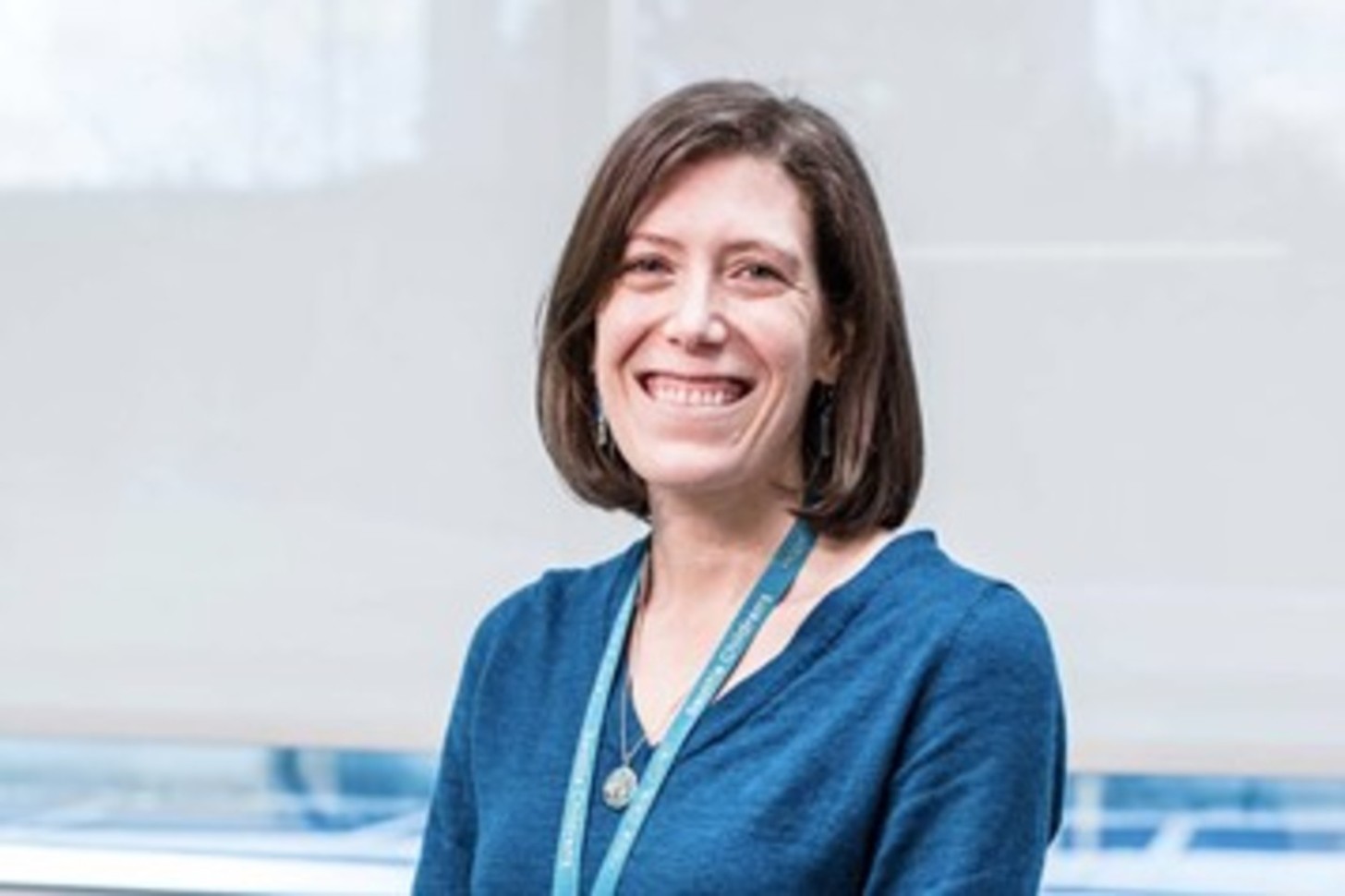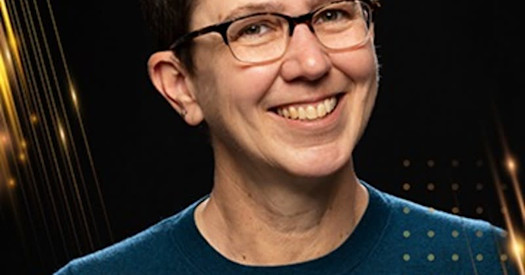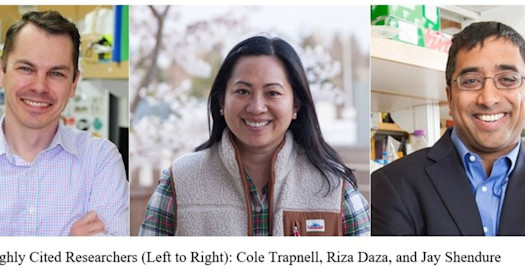
BBI Faculty Conversations. Check back in soon for more chats with BBI members from our partner institutions. Get an inside view of their work and where they think the field of precision medicine is heading.
Today’s installment is with BBI member Dr. Sarah Leary. Dr. Leary is an attending physician in the Cancer and Blood Disorders Center at Seattle Children’s Hospital and Associate Professor of Pediatrics at the University of Washington School of Medicine.
BBI: To start, could you tell us a little bit about the focus of your work, and how it relates to precision medicine?
Dr. Leary: I think precision medicine is part of the reason I went into medicine. This statement might date me, but I remember being excited over a college poster presentation describing the upcoming completion of the human genome project, and what it could make possible. I also knew pretty early on that I cared about pediatrics and cancer research, because it is such an immense pleasure to work with kids and help them get better. I love the idea of being able to correct a disease like cancer in a kid and help set them on their path with their whole life in front of them.
I specifically got involved in pediatric brain tumors when I was a fellow in training. We were just beginning to have access to tools where we would look at a pediatric patient’s tumor whole genome. I could have 100,000 pieces of data for one patient’s tumor, which was a lot at the time! There was often limited utility to the genetic information in terms of treatment options, but that is quickly changing.
BBI: Where did your work head from there?
Dr. Leary: Later, I was working with the lab at UW that developed the OncoPlex test before the BBI started, and it was a great organic relationship. When OncoPlex was offered clinically, Bonnie Cole (Clinical Assistant Professor at UW Medicine) and I ran a pilot project looking at a dozen brain tumors that really puzzled us. These were frustrating cases where the pathology or the clinical findings didn’t point to a clear diagnosis. Even though OncoPlex wasn’t designed for pediatric tumors, we decided to give it a try. As it turns out, UW OncoPlex testing found not only diagnostic and therapeutic targets, but also identified new mutations in tumors when they recurred.
One thing I’ve loved about this line of work is that the process has been really back and forth between the research and clinical side. With OncoPlex, there was this nice clinical test for cancer in general, which we piggybacked on with pediatric pilot research studies. Because of the success of that work, when UW was developing the next version of the clinical test, we worked with the lab to add genes and locations in the genome we thought would be immediately useful to pediatric cancer. It’s a very nice full-circle relationship in that we are improving a clinical test, doing research with that test, and then that data goes back to further improving and honing the test. The research leads to quality improvement and improved care almost instantaneously. It’s the kind of translational research BBI was designed to foster.
BBI: Wow! Can you tell us about an area of research that has begun for you since joining BBI?
Dr. Leary: One very specific area that is not in wide clinical practice, though is right on the edge, is with cell free DNA (cfDNA) technology This is a technology that I didn’t know a lot about until I spoke with members at the BBI. These are tests that are clinically in practice for diseases like lung cancer where you can get a blood test and monitor mutations in the cancer.
Impressively, with cfDNA testing, whether or not whole cells are in the fluid, brain tumors are releasing snippets of DNA that can be detected in cerebrospinal fluid (CSF). To help you picture, you can have a completely localized tumor two feet away up the spinal column in a child’s brain and do a CSF lumbar tap that can detect that specific tumor’s DNA, and then use that data to help diagnose the tumor type. These are non-invasive, non-surgical techniques to diagnose tumors. One of our first cases for this proof of concept was in a child with a non-biopsiable tumor because of its location. With this child, we were able to make a DNA diagnosis via their cerebrospinal fluid and DNA snippets released from the tumor way up in the brain. It’s potentially revolutionary!
I have other questions about cfDNA testing I want to answer with future BBI projects. We need to study if the CSF continues to be a good marker down the road after cancer treatment. Is the CSF a good marker for monitoring if the disease is treated enough? Can it give us early data when a cancer recurs? These are questions I want to pursue.
BBI: In your area, where do you see precision medicine advancements heading in the next 10 to 15 years?
Dr. Leary: Genome-based technologies will likely become a basic part of medical diagnosis and care. Even in the last 10 years, I’ve seen major refinements in care based on genetic information. I can specifically remember treating a child early in my career with a bevy of cytotoxic medicines with an uncertain prognosis because it was the best we had. If I see a child with the same diagnosis today, I can complete a diagnostic workup including genetic diagnosis and prescribe a single pill prescription with 90% survival rate. This is not everybody, or in all cancers. But it’s happening more and more. We find successful treatments in subsets of cancers based on our understanding of tumor genetics. The field has evolved not to cure all cancer at once, but to successfully pick them off one by one. I had a patient this morning with a very rare malignant brain tumor previously described to be rapidly fatal, but we found that it included a BRAF mutation. This is a very common mutation in other cancers for which we have medications, so we were able to make a precision medicine recommendation for this child and his tumor is melting away. It is a very different world than 10 years ago, and I can’t wait to see where we are in 10 years. It’s so important for kids with cancer that we make progress in precision medicine as fast as we can.


